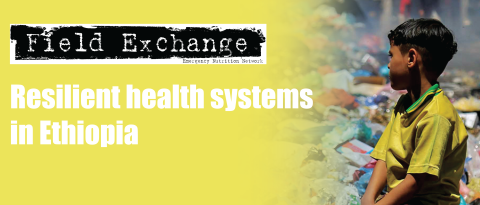Violations of the International Code of Marketing of Breast-milk Substitutes: Indonesia context
Research snapshot1
Information and promotional materials produced by breast-milk substitute (BMS) companies and the distribution of free samples of BMS have a well understood detrimental impact on breastfeeding (Shealy et al, 2005; Howard et al, 2000). In 1981, the World Health Assembly (WHA) adopted the International Code of Marketing of BMS (‘the Code’), which outlines the minimum international standard to support breastfeeding and to protect mothers from commercial pressure to feed BMS to their babies. In 2010, WHA Resolution 63.23 called on Member States to develop or strengthen legislative, regulatory or other effective measures to control the marketing of BMS to give effect to the Code and relevant subsequent WHA resolutions. In addition, this Resolution also called on manufacturers and distributors to comply fully with their responsibilities under the Code and the WHA resolutions.
The purpose of this study was to measure compliance with the Code in Indonesia, a country which has so far only partially adopted its standards into national legislation. The study took place between November 2012 and February 2013 in the six provinces on Java island, using the Interagency Group on Breastfeeding Monitoring protocol (IGBM, 2007). A cross-sectional survey was carried out among 874 women (382 pregnant women and 492 breastfeeding mothers of infants below six months) and 77 health workers from 18 participating health facilities. A qualitative analysis was also undertaken of 44 labels of BMS products in three modern stores within a radius of 2 km around each selected health facility, 27 television commercials for nine brands of growing-up milk (for children >12 months) and 34 print advertisements of 14 brands.
The study found that 20% of the women had received advice and information on the use of BMS and 72% had seen promotional materials for BMS. About 15% reported receiving free samples and 16% received gifts. Nearly a quarter of the health workers con?rmed receiving visits from representatives of BMS companies. Two health workers reported having received gifts from the companies. The most common labelling violations found were statements or visuals that discouraged breastfeeding and the failure to mention local climate considerations in the expiry date.
This study reveals violations of the Code by health workers, BMS companies and their representatives in all provinces studied. A regular monitoring system is required to ensure improved compliance with and enforcement of the Code in Indonesia.
Footnotes
1HIdayana, I., Februhartanty, J., and Parady, V. (2017). Violations of the International Code of Marketing of Breast-milk Substitutes: Indonesia context. Public Health Nutrition, 20(1), 165-173.
References
Shealy KR, Li R, Benton-Davis S et al. (2005) The CDC Guide to Breastfeeding Interventions. Atlanta, GA: US Department of Health and Human Services, Centers for Disease Control and Prevention.
Howard C, Howard F, Lawrence R et al. (2000) Of?ce prenatal formula advertising and its effect on breastfeeding patterns. Obstet Gynecol 95, 296–303.
Interagency Group on Breastfeeding Monitoring (2007) Monitoring Compliance with The International Code of Marketing of Breast-milk Substitutes: ANNEX III – IGBM Protocol for Estimating the Prevalence of Violations of The Code and National Measures. London: IGBM.


